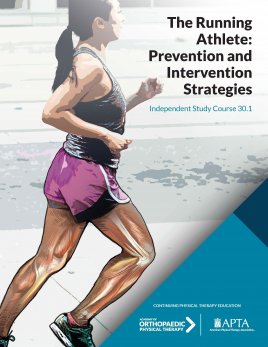
The Running Athlete: Prevention & Intervention Strategies
| Online Only | |
|---|---|
| APTA Orthopedics Member | $65 |
| Non-APTA Orthopedics Member | $215 |
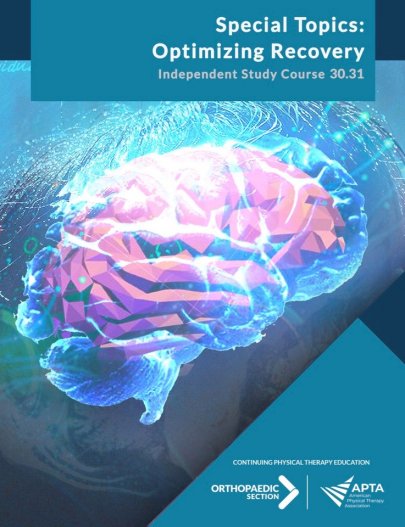
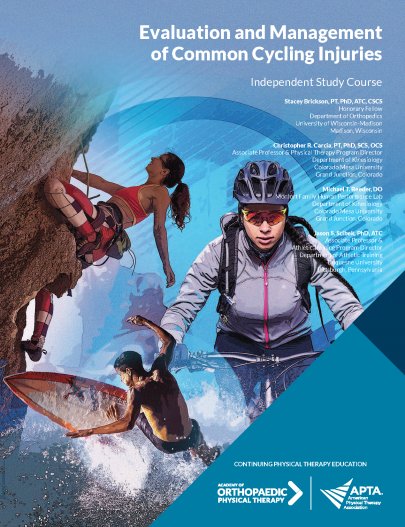
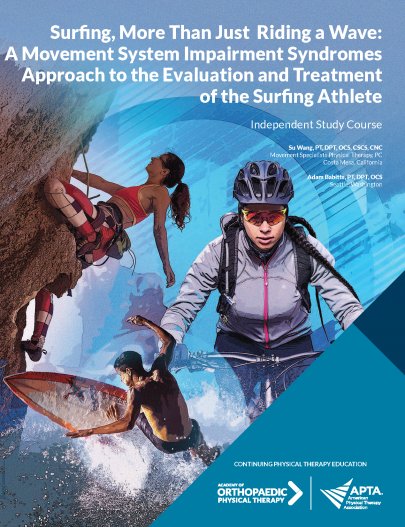
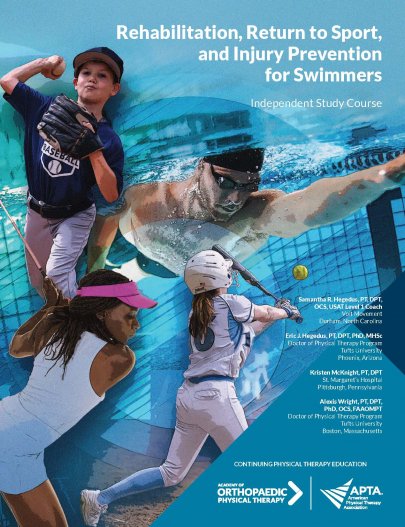
Cancellation Policy / Refund Policy
Due to the automation of our learning management system allowing you instant access to the online content and the immediate order placement for a plus print product, there are no refunds after an order is placed.
Note: CEUs are not offered for this course.
Course Description
A comprehensive 6-monograph set with media rich ancillaries that will prepare the clinician to successfully treat the injured runner. The clinician needs to possess a strong knowledge of running biomechanics and the unique psyche of this patient population. This series offers an array of topics from training principles, running biomechanics, and footwear and even return to performance for all levels of runners. The registrant will be well prepared to prescribe productive exercises and also how to properly educate the runner to avoid injury and get back to the activity they love as fast as possible.
Course Overview
Course Format: Online
Course Objectives
- Describe the etiology, signs and symptoms, clinical presentation, diagnostic procedures, evidenced-based rehabilitation interventions, and expected outcomes for recovery for common running-related injuries.
- Describe the role that training load error has on running-related injuries.
- Describe components of a return-to-run program following a running-related injury.
- Identify the biomechanical features of running shoes and the role of footwear injury.
- Develop an understanding of how the design of a running shoe can impact economy and performance.
- Develop an understanding of the differences in injury presentation and prognosis for runners of different levels.
- Tailor treatment strategies for runners with different levels.
- Define the role of the physical therapist and unique aspects of treating adolescent runners.
- Identify and discuss anatomical and biomechanical factors pertaining to running form and injuries in adolescent runners.
- Discuss treatment strategies of manual therapy, therapeutic exercise, neuromuscular re-education, taping, and sport-specific training for runners.
- Identity situations when referral is necessary for the adolescent runner.
- Follow a logical exercise progression targeting various muscle groups important for injury risk reduction for runners.
- Develop community programs to educate runners on risk reduction strategies.
- Summarize the 3-dimensional kinematics for the pelvis, hip, knee, ankle, and subtalar joint that occur during the different gait phases of running.
- Analyze forces and interpret the muscle activity of the major muscles associated with running gait.
- Explain the difference in kinetics between heel striking versus midfoot or forefoot striking during running.
- Investigate the factors related to running energetics including running economy and training specificity.
Topics and Authors
- The Science and Rehabilitation of Common Running Injuries
Douglas G. Adams, PT, DPT, SCS, OCS, CSCS; Carey E. Rothschild, PT, DPT, OCS, SCS, CSCS - Running Footwear: Matching Structure and Function
Dana Webb, PT, DPT, OCS, CSCS; Angela Stagliano, PT, DPT, OCS, CSCS; Henry Clay Holton, PT, DPT, CSCS - Care Considerations for Runners of Different Levels
Colin Gundling, PT, DPT, MTC, OCS - Evaluation, Treatment, and Management of Adolescent Runners
Michelle Feairheller, PT, DPT, OCS, SCS, CSCS - Injury Prevention for Runners: Bridging the Gap between Physical Therapy and Performance
Michael Borst, PT, DPT, ATC, USAFT Lv1 - Running Biomechanics and Energetics
Janice K. Loudon, PT, PhD, SCS, ATC, CSCS
Customers Frequently Viewed
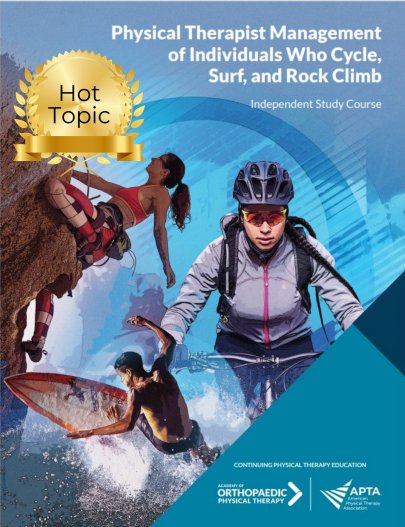
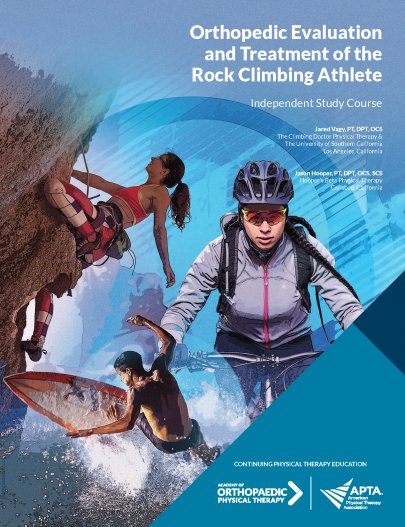
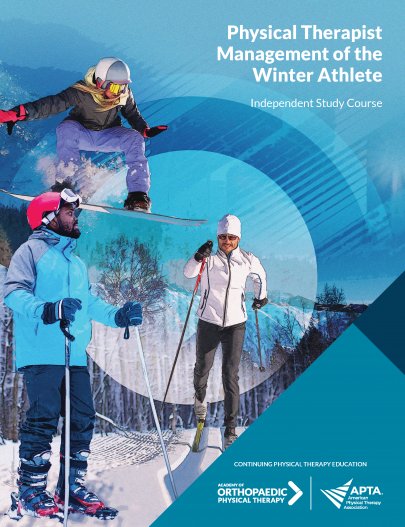

Videos
Add To Cart
Which version of the course would you like to purchase?
Members Only
You need to be a member to buy this course.
Join today to enjoy exclusive deals and prices on all courses.
Join Now